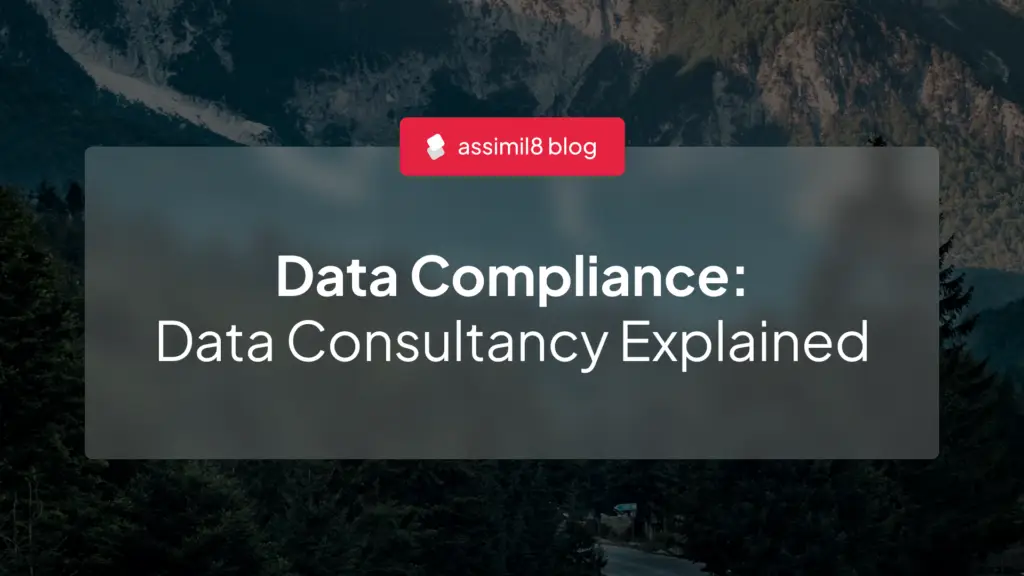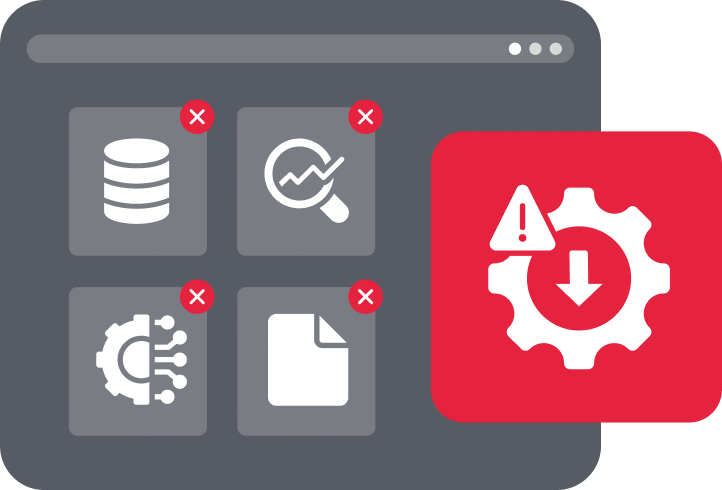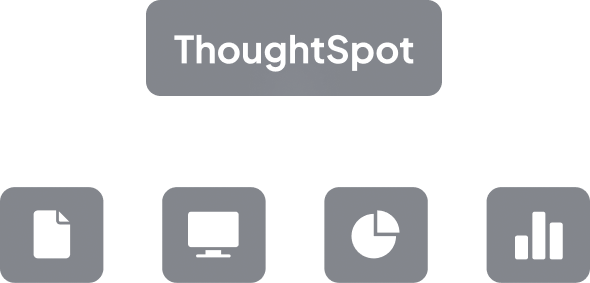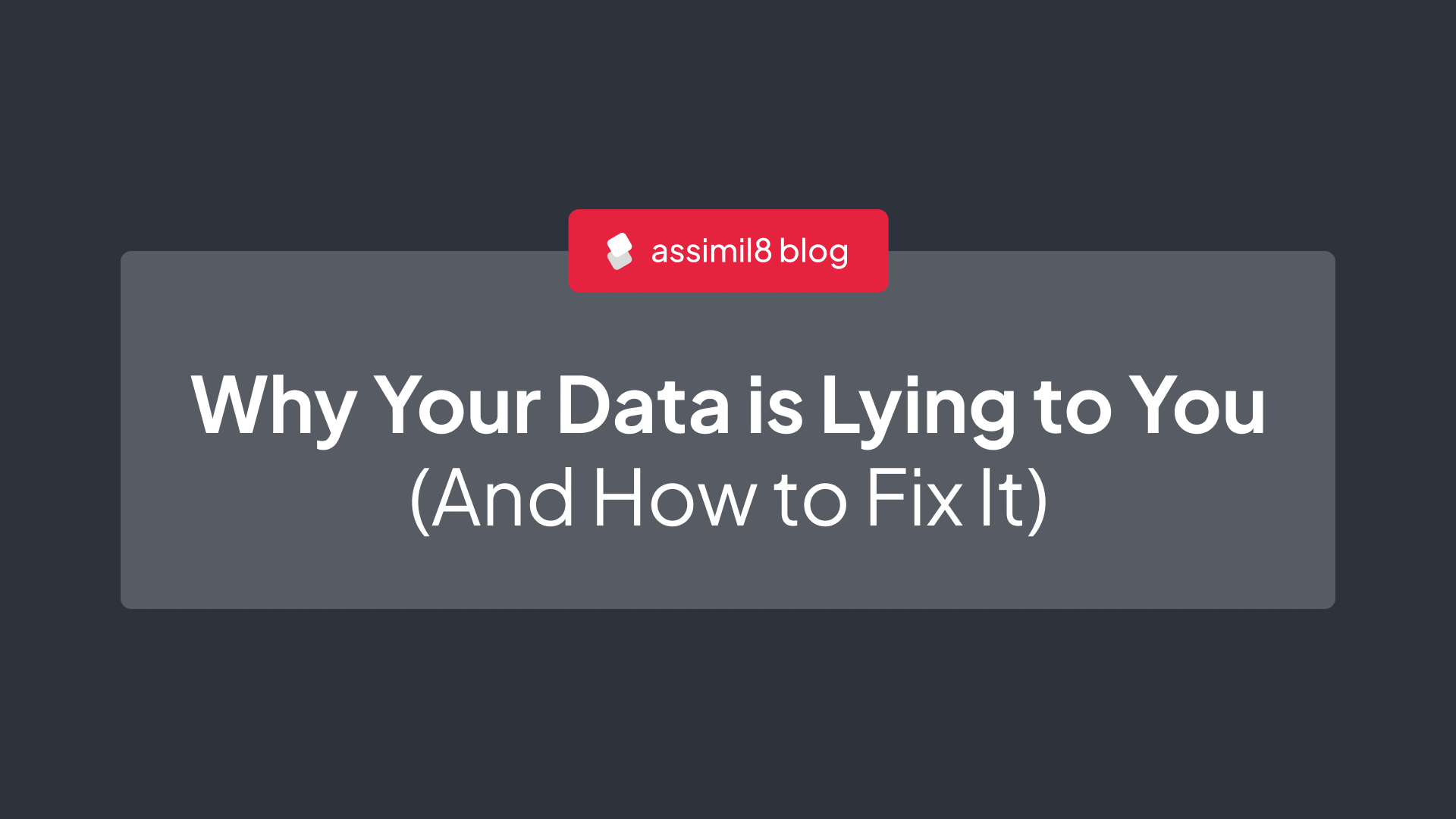With more data being collected than ever before, understanding the concept of data compliance is crucial.
This term, often thrown around in boardrooms and IT departments is a critical component of data consultancy. But what does it mean?

How does it impact you and your businesses? Join us as we explore data compliance, breaking its complexities into digestible pieces, and explaining its role in data consultancy.
Before we dive into the nitty-gritty, it’s important to understand that data compliance isn’t just a fancy term for keeping data safe. It’s a comprehensive approach encompassing legal, ethical, and practical aspects of data management. It’s about ensuring that data is securely used and managed to comply with laws, regulations, and best practices. Now, let’s get started!
Understanding Data Compliance
Data compliance refers to collecting, storing, using, and managing data under laws, regulations, and standards. This includes data protection laws, privacy laws, industry-specific regulations, and internal policies. It’s not just about avoiding legal trouble; it’s about building trust with customers, partners, and stakeholders by demonstrating that you take data seriously.
Compliance is not a one-size-fits-all concept. What’s considered compliant in one industry or country may not be in another. This is where data consultancy comes in. Data consultants are experts in data compliance, understanding the nuances of regulations and how they apply to data types and businesses.
The Importance of Data Compliance
Data compliance is not just a legal requirement; it’s a business necessity. Businesses that fail to comply with data regulations risk legal penalties and damage to their reputation. Customers are increasingly concerned about how their data is used and protected, and businesses that can demonstrate strong data compliance are more likely to earn their trust.
Furthermore, data compliance can help businesses improve their operations. Businesses can avoid costly mistakes and inefficiencies by ensuring that data is collected, stored, and used in a compliant manner. For example, by complying with data minimisation principles, businesses can reduce the amount of data they need to store and manage, saving time and resources.

Data Compliance Challenges
Data compliance is not without its challenges. One of the biggest is the sheer volume of data that businesses now deal with. With the rise of big data, businesses are collecting, storing, and using more data than ever. This makes compliance more complex and time-consuming.
Another challenge is the rapidly changing regulatory landscape. As data becomes more central to our lives, governments and regulators are introducing new laws and regulations to protect it. Keeping up with these changes can be daunting, especially for businesses operating in multiple jurisdictions.
Data Consultancy: The Key to Data Compliance
Data consultancy is a service that helps businesses navigate the complexities of data compliance. Data consultants are experts in data management and compliance, and they use their expertise to help businesses understand and comply with data regulations.
Data consultancy is not just about avoiding legal trouble; it’s about using data to add value to the business. By understanding the rules and regulations around data, businesses can make better decisions about collecting, storing, using, and sharing data.
Role of a Data Consultant
A data consultant’s role is to help businesses understand and adhere to data compliance. This includes understanding the laws and regulations that apply to the business, developing a data compliance strategy, and implementing that strategy.
Data consultants also play a crucial role in educating businesses about the importance of data compliance. They help businesses understand the risks and benefits of data compliance and guide on managing and mitigating those risks.
Data Consultancy Services
Data consultancy services can vary widely depending on the needs of the business. Some businesses need help understanding a specific regulation, while others need a comprehensive data compliance strategy. Some common services data consultants provide include data compliance audits, data governance strategy development, data protection impact assessments, and data privacy training.
Regardless of the specific services provided, data consultancy aims to help businesses use data in a way that is compliant, efficient, and beneficial to the business.
Key Concepts in Data Compliance
Several key concepts are central to understanding data compliance. These include data protection, privacy, security, and governance. Each plays a crucial role in ensuring that data is used and managed in a way that complies with laws, regulations, and best practices.
Understanding these concepts is important not just for data consultants but also for anyone who works with data. From IT professionals to marketing managers, understanding data compliance can help individuals and teams make better decisions about using and managing data.
Data Protection
Data protection refers to the practices and processes to ensure that data is safe from unauthorised access, use, disclosure, alteration, or destruction. This includes technical measures, such as encryption and access controls, and organisational measures, such as policies and training.
Data protection is a key component of data compliance. Businesses that fail to protect their data can face legal penalties and damage to their reputation. But more than that, data protection is about respecting the rights and privacy of individuals whose data is being collected and used.
Data Privacy
Data privacy is about ensuring that individuals have control over their data. This includes the right to know what data is being collected, how it’s being used, who it’s being shared with, and how it’s protected. It also includes the right to access, correct, and delete personal data.
Data privacy is a fundamental right, and businesses that fail to respect this right can face severe penalties. But more than that, respecting data privacy is about building trust with customers, partners, and stakeholders.
Data Security
Data security protects data from unauthorised access, use, disclosure, alteration, or destruction. This includes physical security, such as locking file cabinets and securing data centres, and digital security, such as encryption and firewalls.
Data security is a crucial component of data compliance. Without strong data security, businesses cannot ensure that their data is protected and used in a compliant manner. But more than that, data security is about protecting the integrity and availability of data, which is crucial for business operations and decision-making.
Data Governance
Data governance manages data to ensure its quality, consistency, and security. This includes establishing policies and procedures for data collection, storage, use, and sharing and monitoring and enforcing compliance with those policies and procedures.
Data governance is a crucial component of data compliance. Without effective data governance, businesses cannot ensure that their data is used and managed promptly. But more than that, data governance is about ensuring that data is reliable and trustworthy, which is crucial for business decision-making.
Using Data in an Ethical and Responsible Way
Data compliance is a complex and multifaceted concept crucial for any business. It’s about more than just avoiding legal trouble; it’s about using data in an ethical, responsible, and beneficial way to the business.
Data consultancy is a key tool for navigating the complexities of data compliance. By providing expert guidance and support, data consultants can help businesses understand and comply with data regulations, avoid costly mistakes, and use data to add value to the business.









